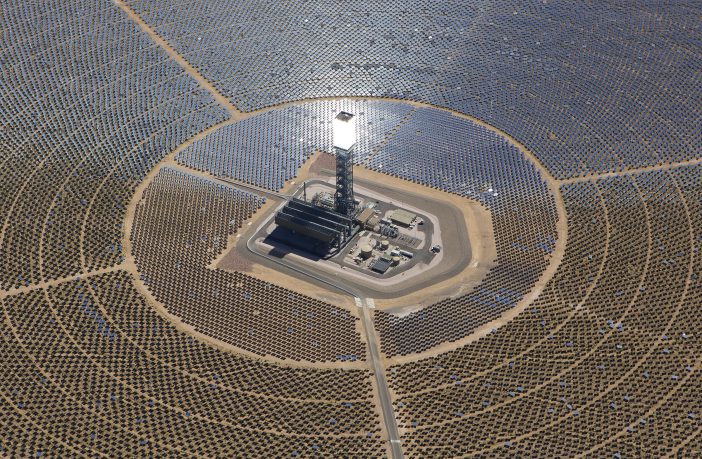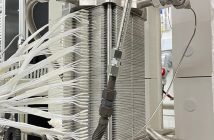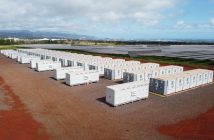The South African Renewable Energy Council (SAREC) has welcomed the release of the 2019 Integrated Resource Plan (IRP) by the Minerals Resource and Energy Minister Gwede Mantashe; however, foresee challenges down the road.
In considering the generation mix presented in the IRP2019, SAREC noted that government considered among other criteria, the balance between supply and demand, the environment, the current state of the economy, together with the national grid challenges, reducing tariffs for the end-user, challenges experienced by Eskom and the national resources in South Africa.
The IRP makes an allocation of an additional 6,000MW for solar PV; 14,400MW for wind; 4,000MW for distributed generation, co-gen and biomass landfill; and 2,088MW towards storage.
SAREC Council Chair Terence Govender says they were, however, disappointed there was no allocation for Concentrated Solar Power (CSP) up until 2030.
“Renewable energy (RE) through a combination of technology options (wind, photovoltaic, CSP, biomass or a combination of technologies) can provide stable non-intermittent power to the grid,” SAREC points out in a statement.
Storage options (battery and CSP) can also be used to provide dispatchable power in South Africa.
Govender says costs in the CSP sector have come down considerably since this IRP was first reviewed using outdated data and has, on behalf of SAREC, asked to meet the Minister to update him on the current research.
The Council also welcomes and supports the inclusion of energy storage technologies into the energy mix. “Storage can be used to compliment these technologies, as well as provide ancillary service benefits to the grid. It is viewed as a positive contributor and game-changer in this emerging market.”
SAREC also believes the increased allocation to small-scale embedded generation (SSEG) presents opportunities to unlock new investment and adds value to the country’ economy. They support Government’s view that RE can play a significant role in the energy mix of South Africa and will continue to engage in dialogue with the ministry and work towards driving down the cost of electricity in SA.
“We support the Just Transition commitment and will assist Government in meeting those targets. As the RE sector, we will also help contribute to the Governments targets of reducing the carbon emissions in the energy sector,” says the Council statement.
Govender emphasized that a Just Transition means all South Africans need to be involved in working out the best way deal with the decommissioning of coal-fired power plants in the period beyond 2030.
“It cuts across every sector from labour to manufacturing to job creation so this must be a private and government initiative. It is an economy related transition and renewables can play a key driving role,” said Govender.
The IRP is welcomed at a time when SA is once again experiencing loadshedding. RE technologies can provide the solutions to Eskom in avoiding such great challenges facing our economy. The Council requests that the Department of Mineral Resources and Energy considers an urgent procurement call for projects in a Round 5 to alleviate the current power shortages and help build the economy.
Govender believes this call could happen quickly as all procurement rules are in place at the IPP Office, which is up and running. “Within two years you can add megawatts to the grid. If you don’t do it now, two years from now we could be in even bigger trouble.”
“We believe the Minister is putting a hundred percent into turning around this sector and that is why we are behind him,” said Govender.
Author: GBA News Desk











